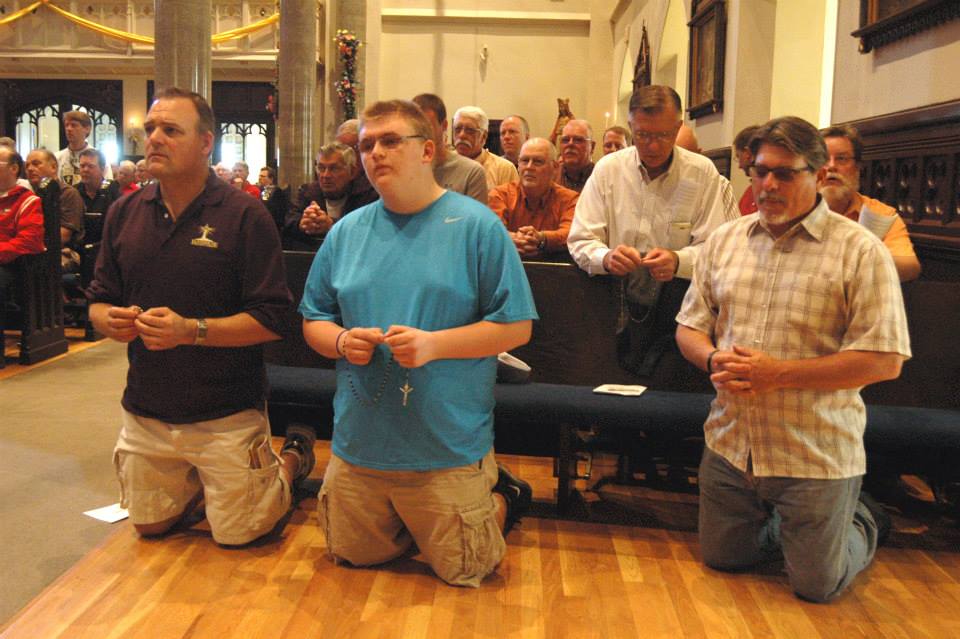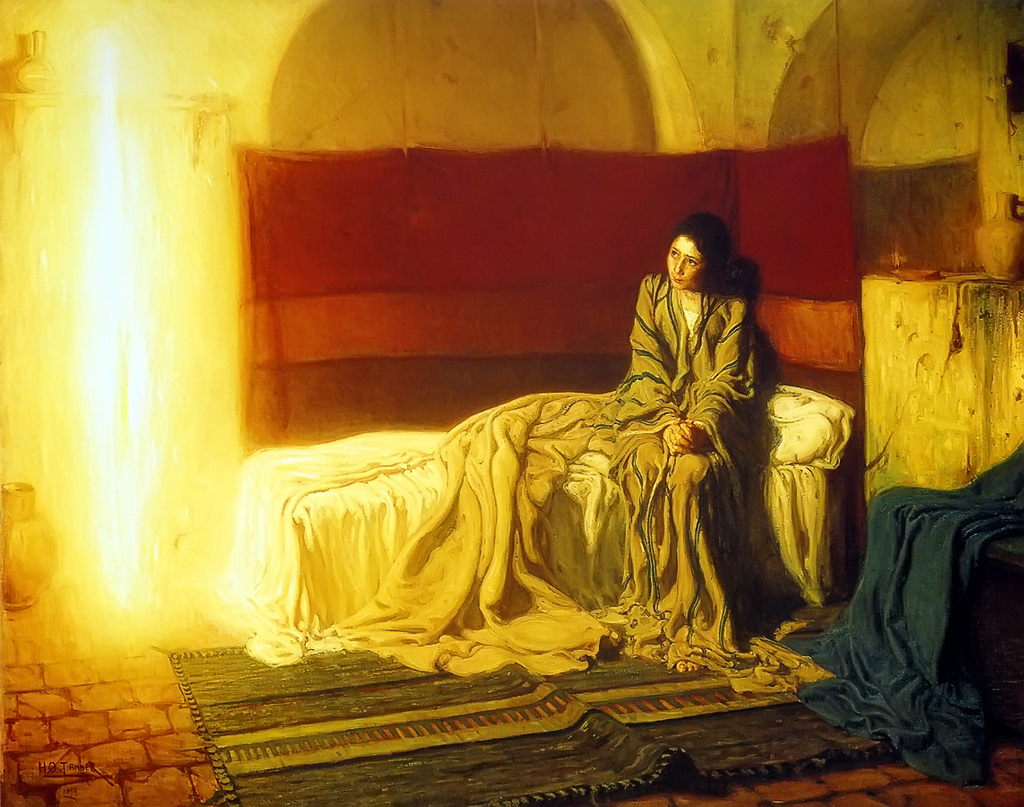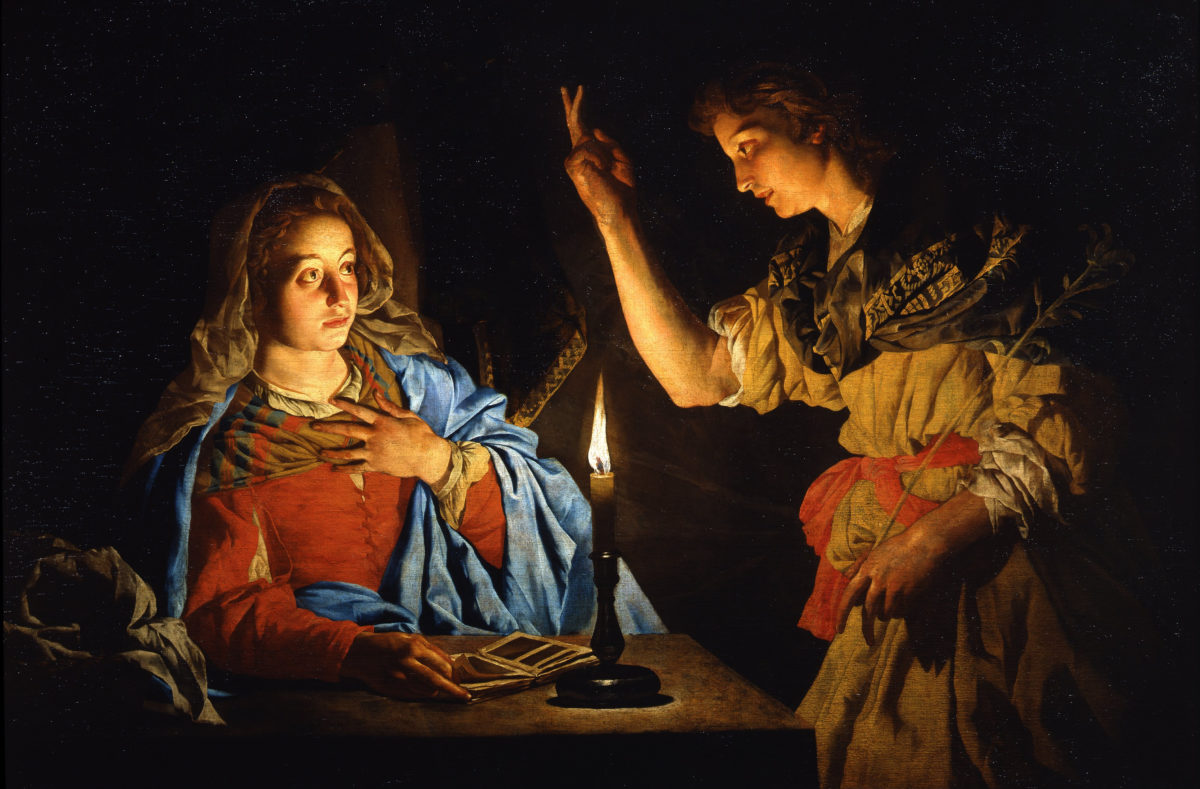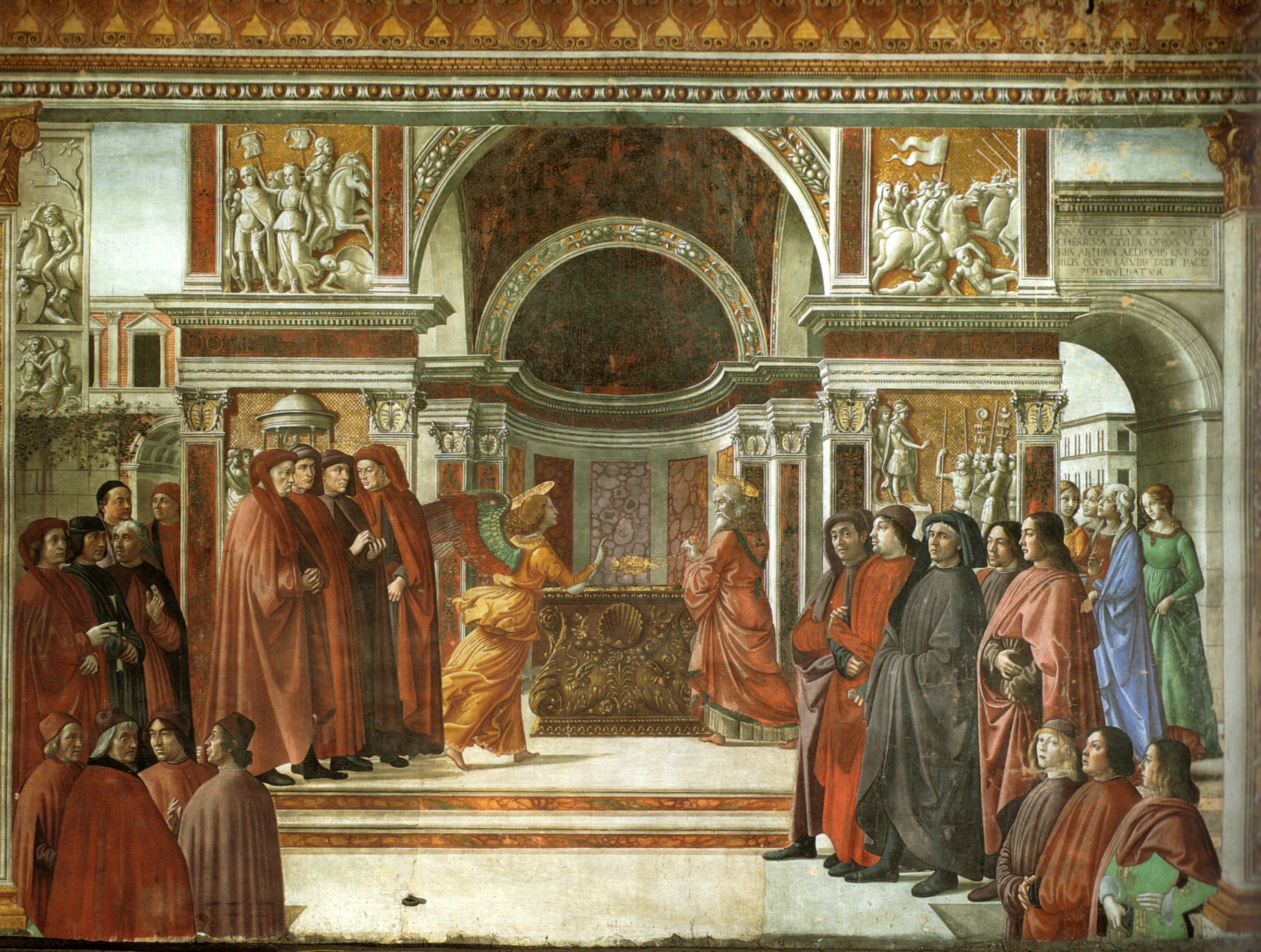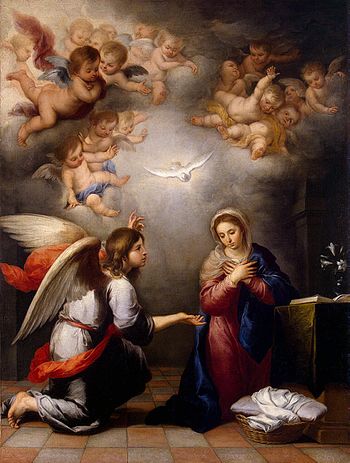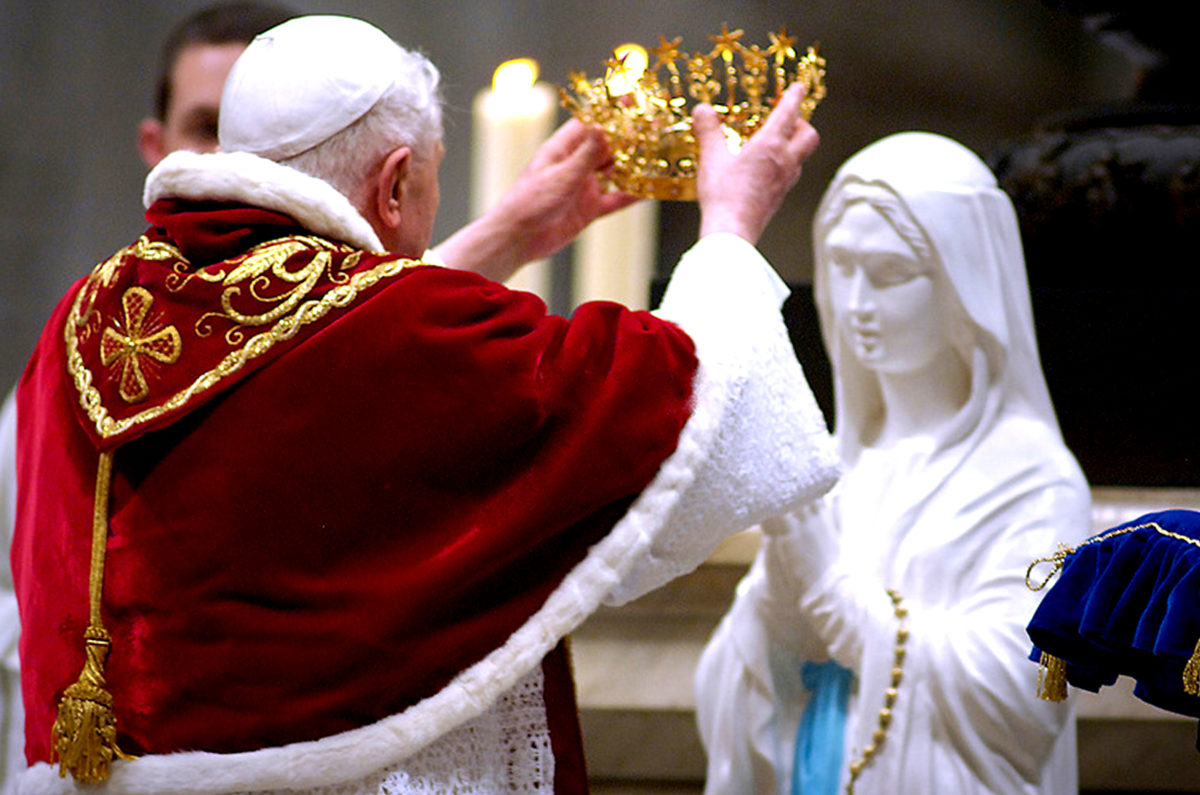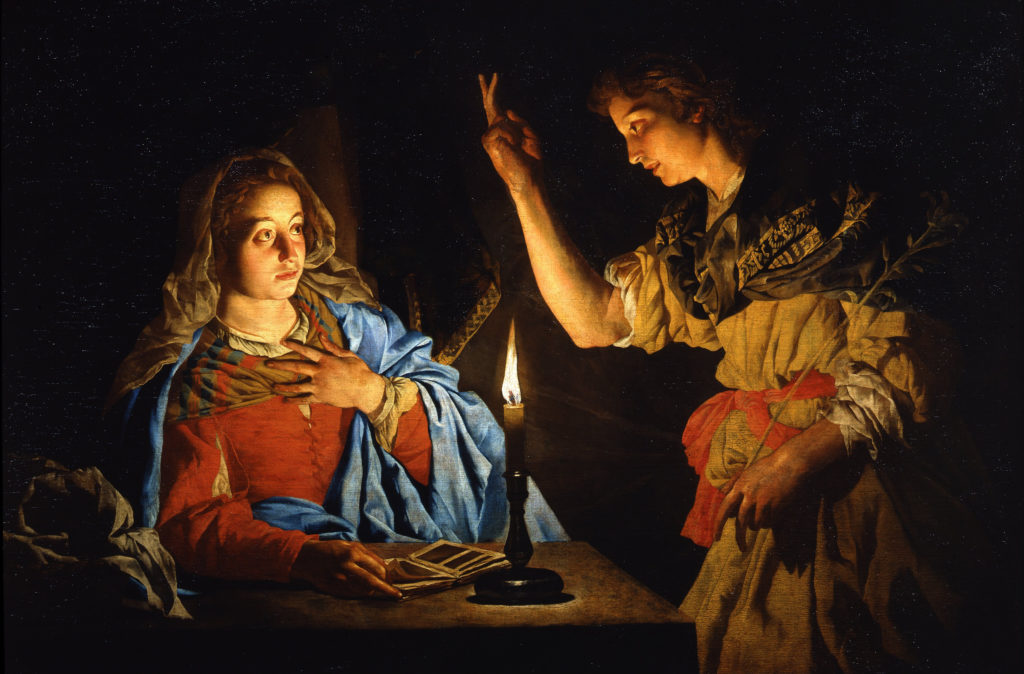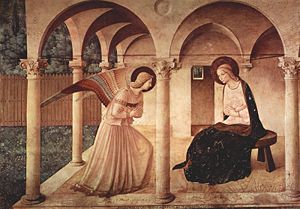As we approach the end of the year, I took a look at all the articles I saved and filed under “write about the Rosary connection to this someday.” Well, someday is now. It’s time to clean house. Since I’m on a Marion kick lately with the release of my latest video on the benefits of effective Rosary Prayer, let’s talk specifically about how men’s spiritually is completed through Mary.
In his article, Mastering Manhood Through Mary, Matthew D. Pride talks about how God created male and female to complement and complete each other. He explains how man and woman are made in God’s image, but so is their union. In other words, while man and woman are a reflection of God individually, their union creates another unique image of God. Therefore, Mary is the spiritual complement to men. He writes:
Mary is the Immaculate Conception, the New Eve, perfectly complementary to every human male. As the New Eve, Mary is our helper, perfectly compatible with every human male and yearning to help us master manhood to become who God called us to be in our families, in our marriages, and in society.
Spiritually, women form this unique reflection of God through their union with Jesus Christ. But what about men? Yes, of course, men can also have a deep spiritual bond with Jesus. But Mary offers us what I’ll call a better fit for men to come to Jesus. Since men and women are hardwired to complement each other, it makes sense that God would provide both sexes a spiritual complement to come to Him.
Not an Old Lady’s Prayer
After my latest presentation on the Rosary, many people commented on how nice it was to see men embrace and share their love of Mary and the Rosary. These comments, while said with the best intentions, saddened me a little. Many still consider the Rosary a women’s prayer, or to put it in a less politically correct term — an old lady’s prayer. But this characterization of the Rosary completely misses the point and ignores centuries of history.
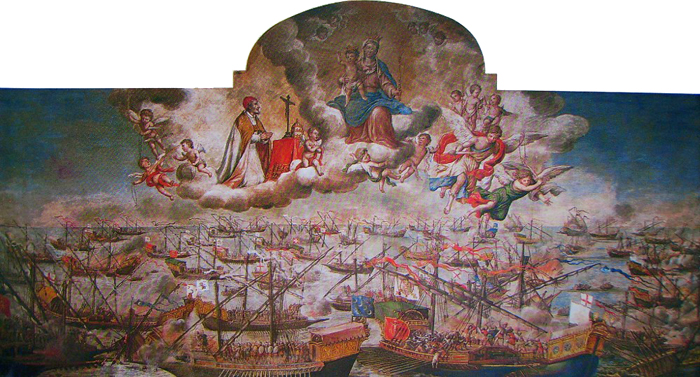
The Rosary is a weapon, a weapon of war both physically and spiritually. Soldiers prayed it before the Battle of Lepanto and several other battles. It gave Saint Dominic strength to combat the Albigensian heresy. More recently, it gave Saint John Paul II the strength to fight the evils of Communism. Countless saints did heroic acts with the help of the Rosary. We should pray it daily before doing battle against sin, temptation, and our own weaknesses. Does that sound like an old lady’s prayer to you? If men are called to know God through Mary then men need to take up the Rosary.
The Rosary Connection
When you pray the First Joyful Mystery of the Rosary, The Annunciation, remember that God created Mary for a very specific and special purpose. She was immaculately conceived so she could be a clear, unblemished window to Jesus. God’s plan for Mary was more than just give birth to Jesus and then get out of the way. If that was the case, Jesus could have just emerged mysteriously out of the wilderness as an adult as there would be no need for Mary. The fact that Mary was part of God’s plan tells us something. We should utilize the gift God gave us through Mary who willingly said she would be the servant of the Lord at the Annunciation (Luke 1:38). God wants all men to know Him through our Mother Mary.

[amazon asin=1612787150,0983809666,1594712980,0867168315,0989287173,1586174746,0300164327,0898702194&text=Amazon&template=carousel]

